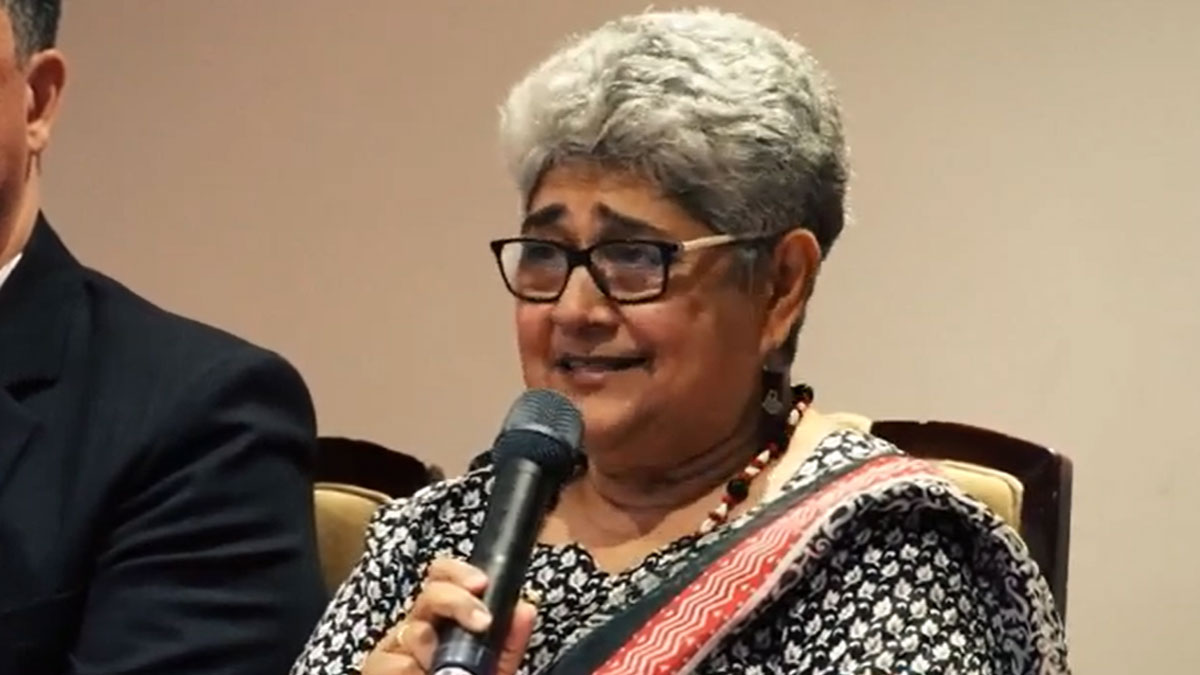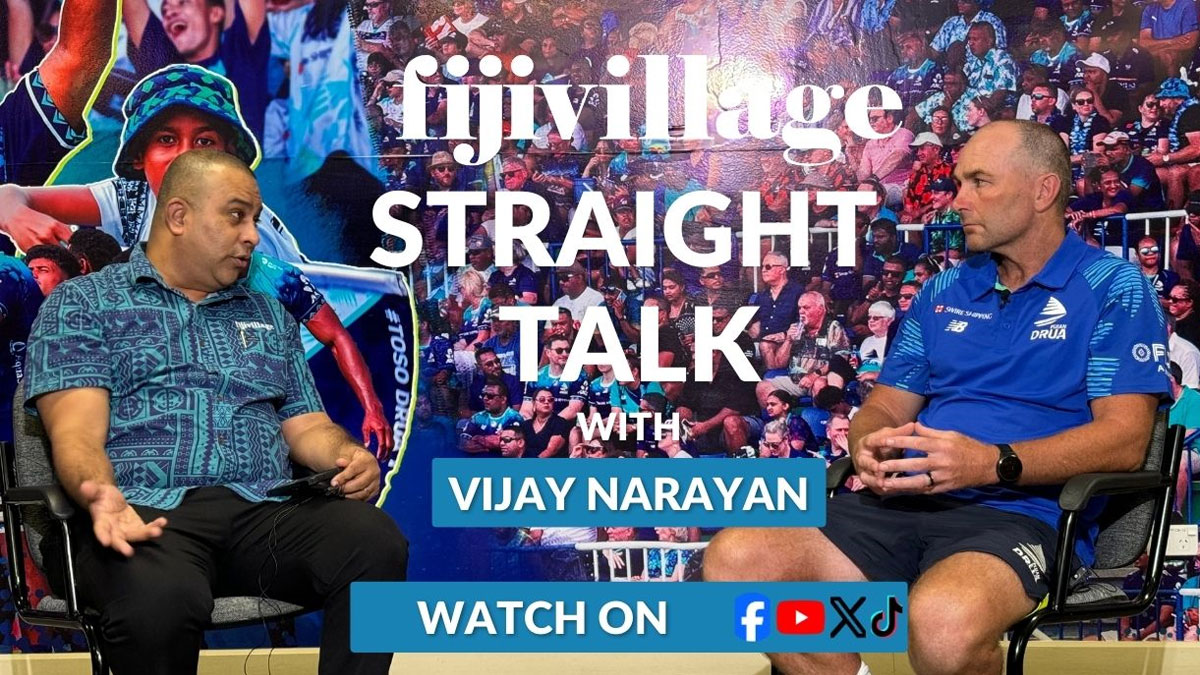
Fiji Women's Crisis Centre Coordinator, Shamima Ali has raised critical questions about the people involved in the coups in Fiji, and still holding positions of power today.
While speaking during the Steering Committee consultation on the setting up of the Truth and Reconciliation Commission in Suva, Ali emphasised the importance of addressing the root causes of the coups and ensuring that the commission does not shy away from holding those responsible to account.
While sharing her experiences during the past coups, Ali expressed her hope that the Truth and Reconciliation Commission would be planned better than the failed attempt in 2005.
Ali stressed to the Steering Committee the need for the commission to address the diverse layers of reconciliation and to include stories from all affected communities, including the positive narratives that often go unheard.
A retired high school teacher Ashish who had experienced the 1987 coup reflected on the importance of people to feel safe to share their stories.
He spoke on the selection criteria for the commission's members, particularly the chairperson, and the inclusion of the general population, especially marginalised groups like the hearing impaired.
He also emphasised that the commission should not be a publicity stunt and needs to be a genuine effort.
A pastor highlighted the significant role of the Christian community in the reconciliation process, given that 64 percent of Fiji's population identifies as Christian.
He called for a spiritual approach to reconciliation, urging Christians to forgive and ask for forgiveness to heal the nation's wounds.
The pastor emphasized the need for both victims and perpetrators to be well-prepared for reconciliation, noting that the future of Fiji's children should be the focus, rather than reliving the past.
He expressed his willingness for the church to collaborate with the government and NGOs in driving the reconciliation process forward.
The success of the Truth and Reconciliation Commission will depend on its ability to address these diverse concerns, ensuring that all Fijians can participate freely and confidently in the process and must work towards a future where Fiji moves beyond its troubled past and builds a united nation.
Stay tuned for the latest news on our radio stations

